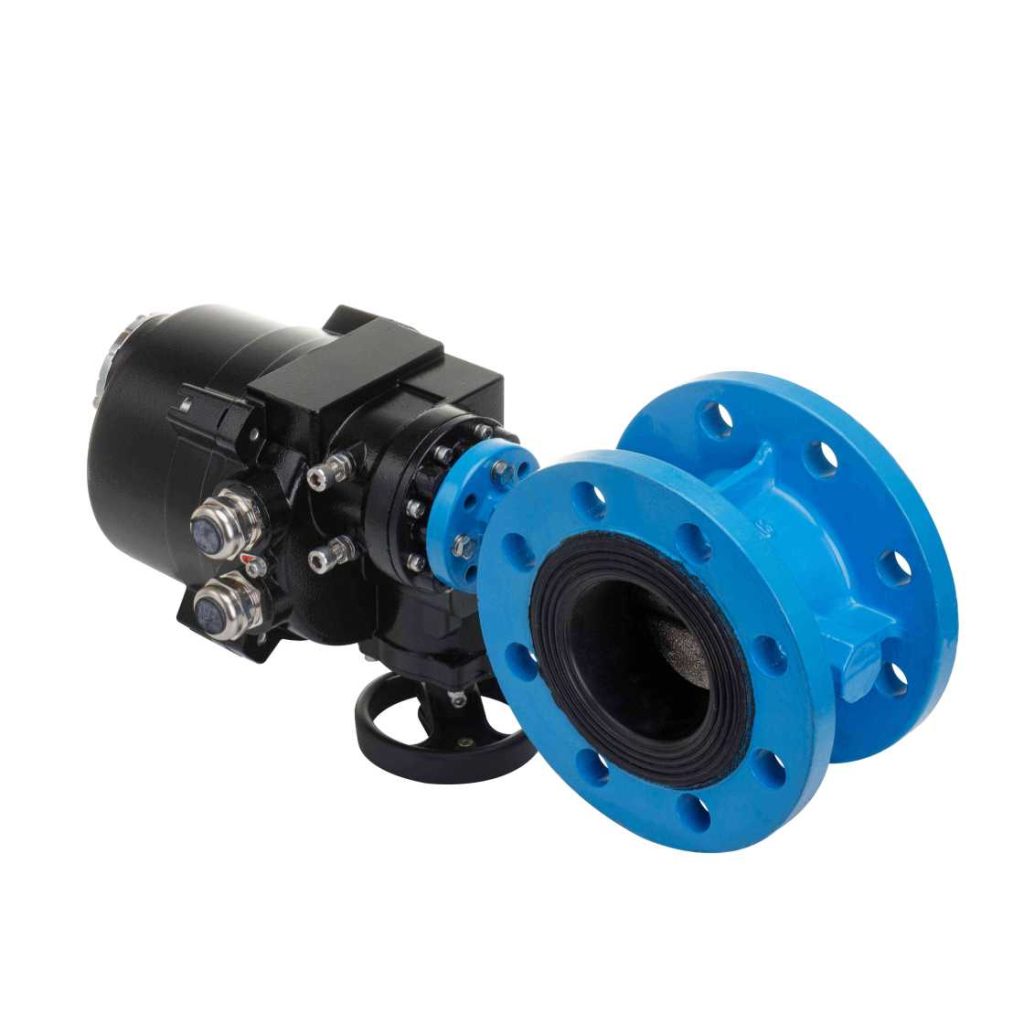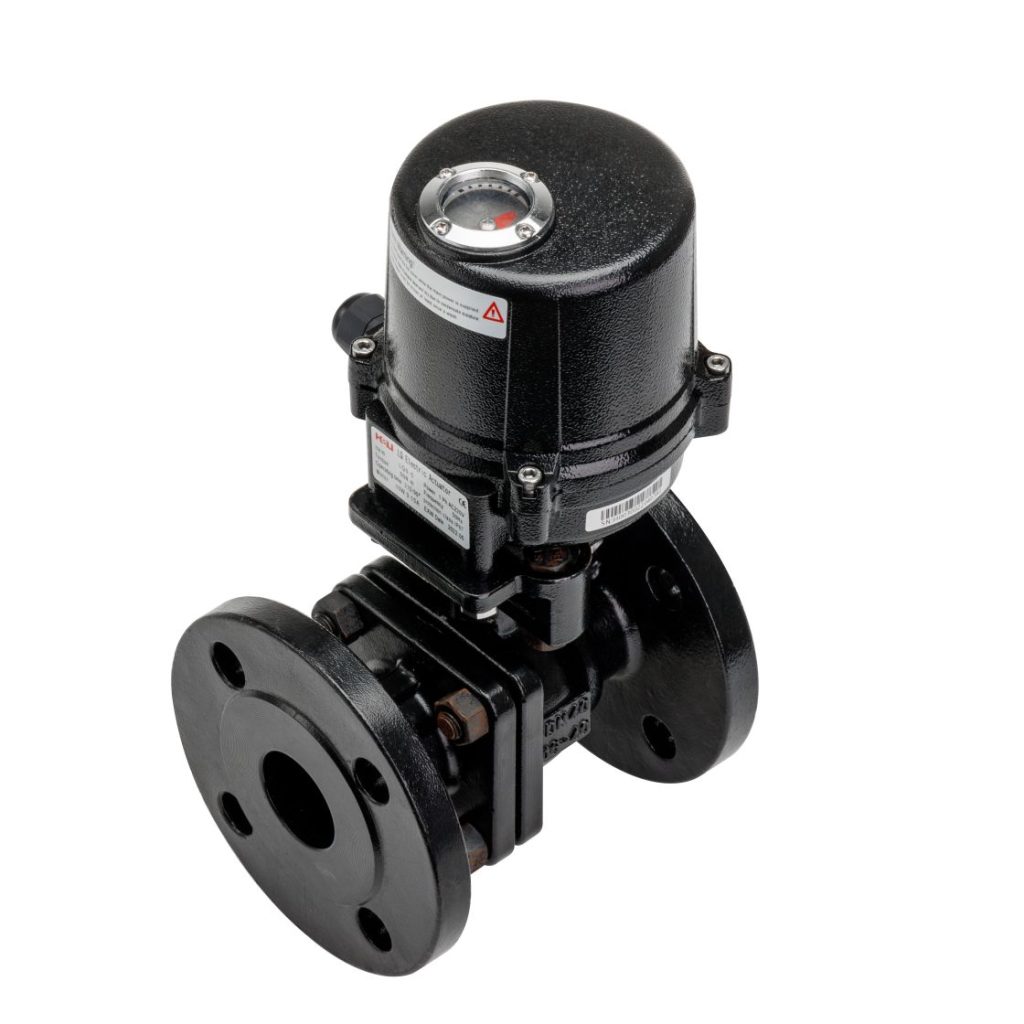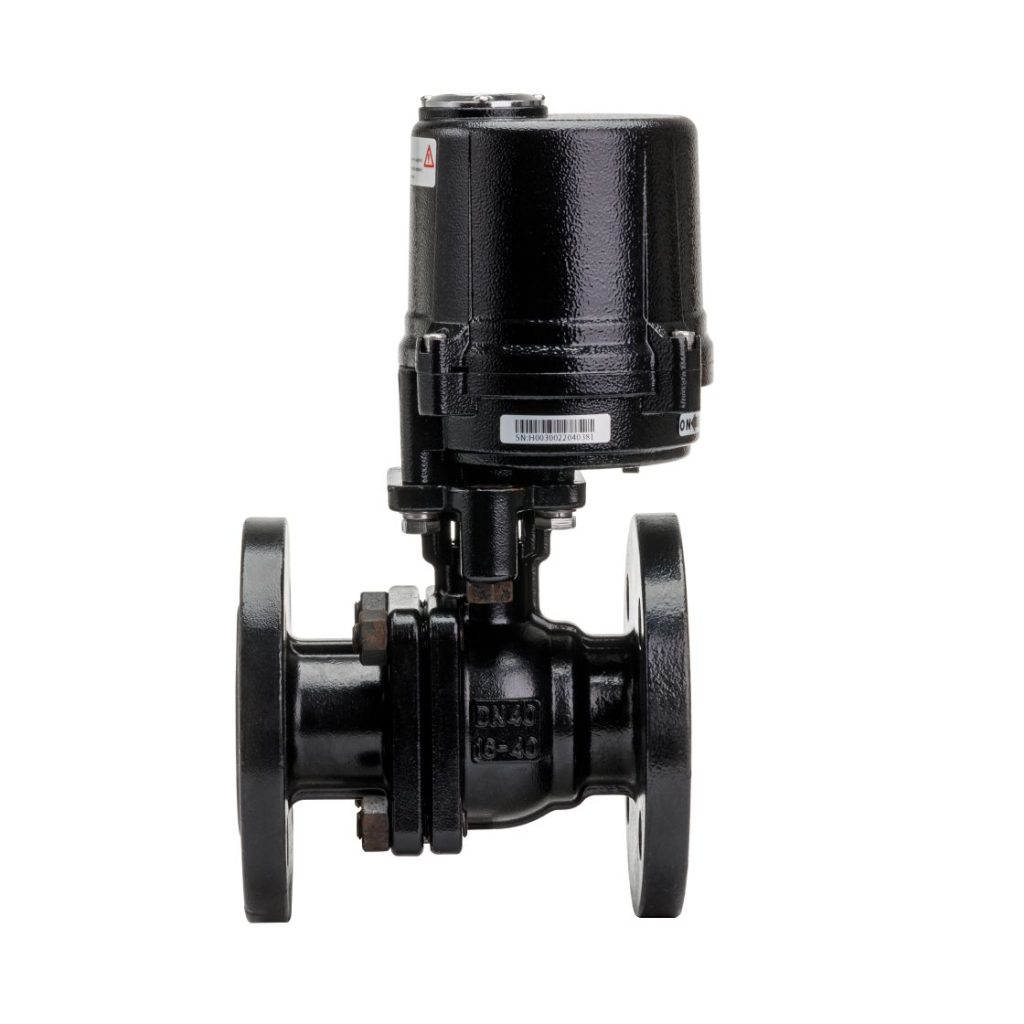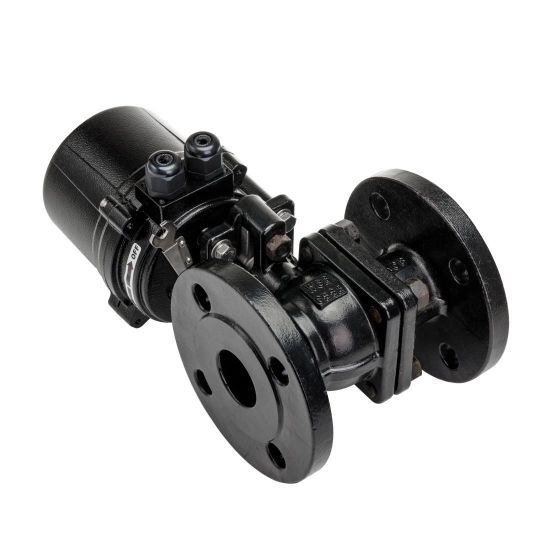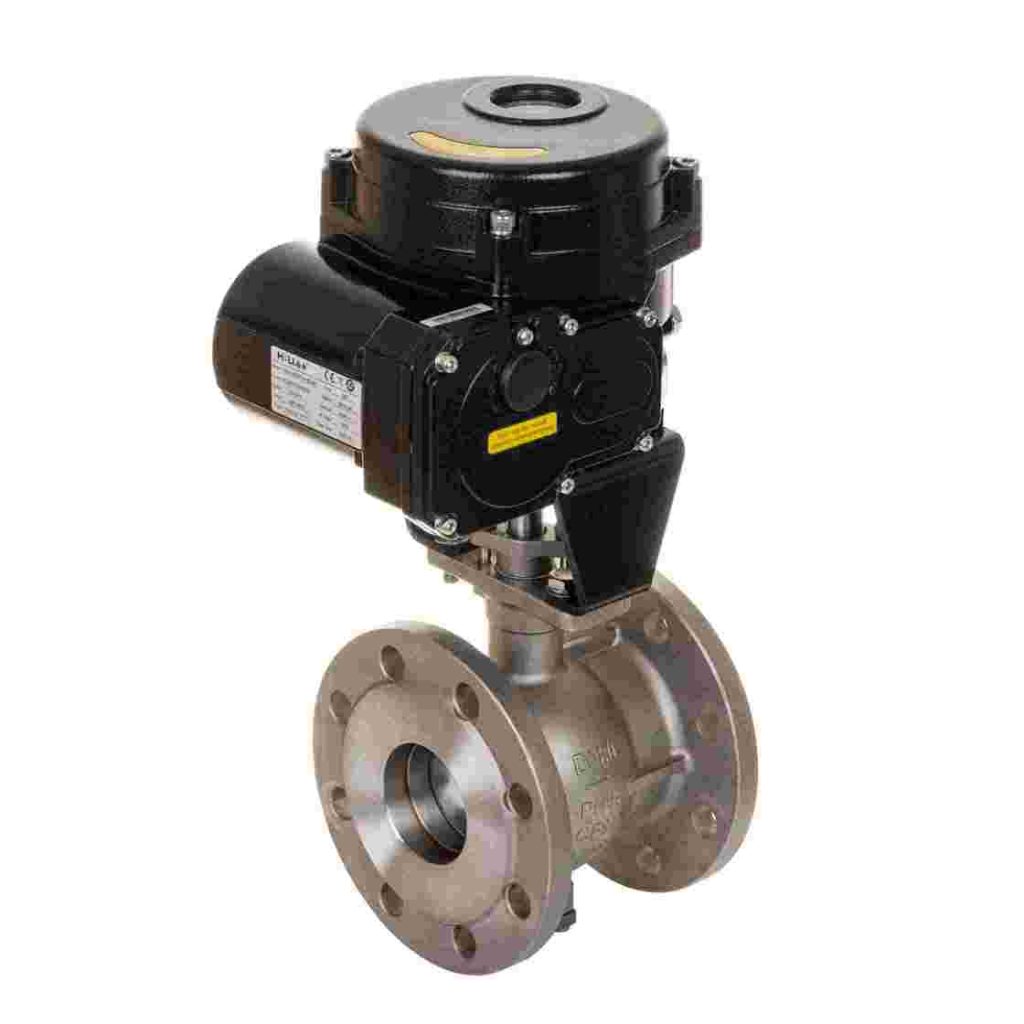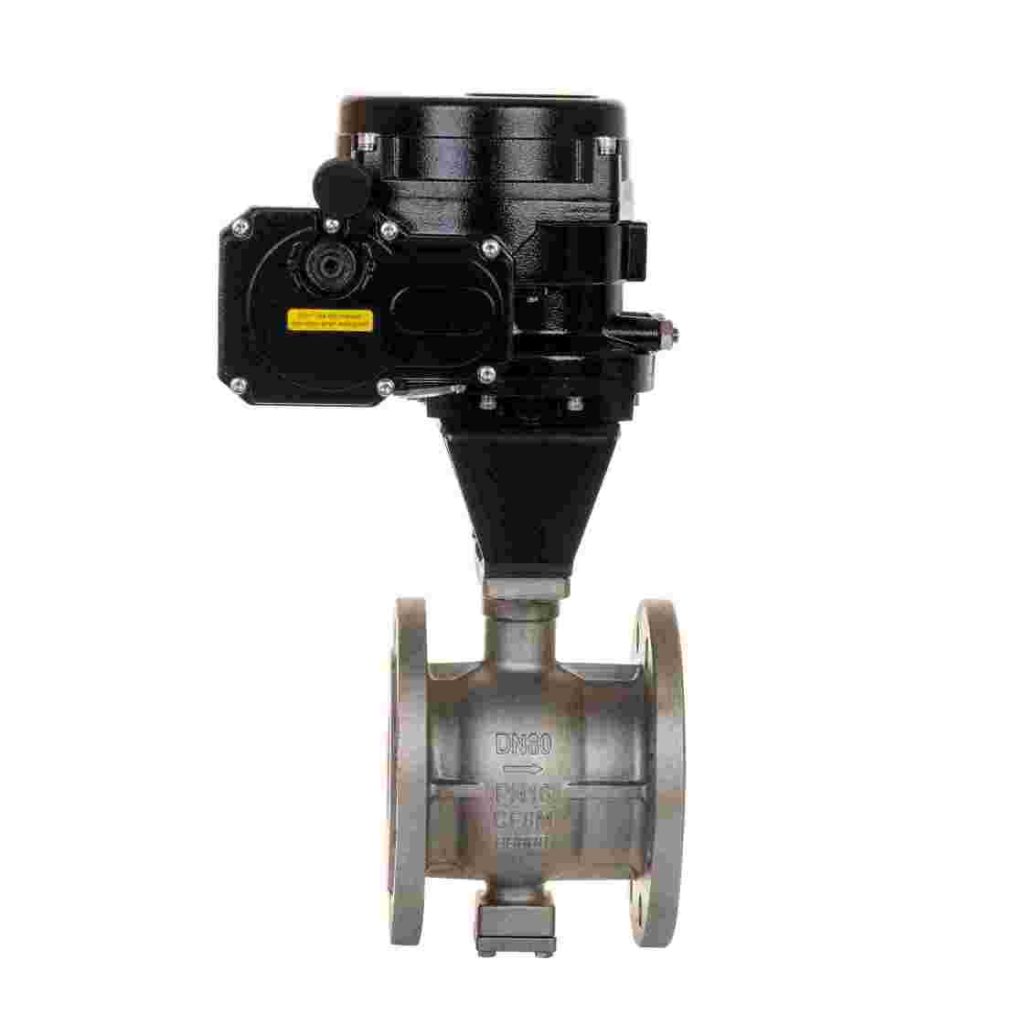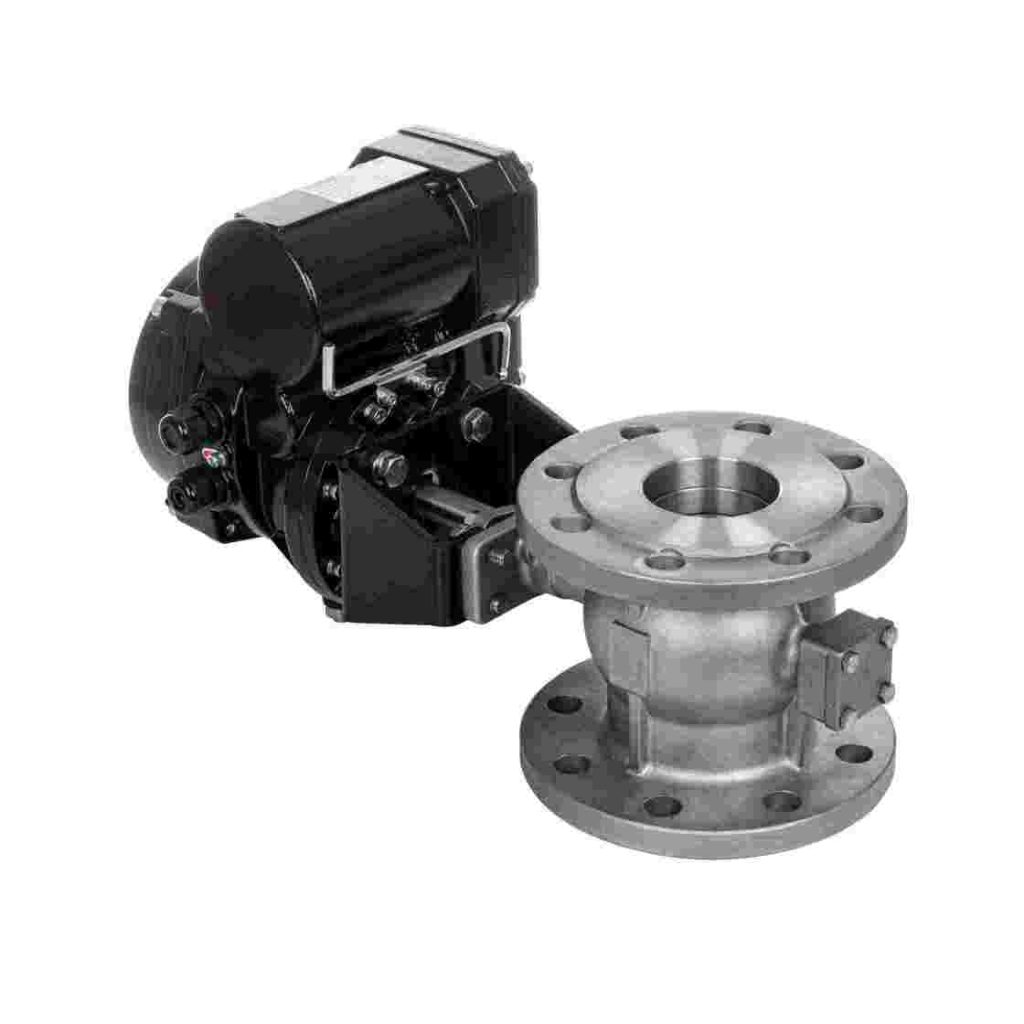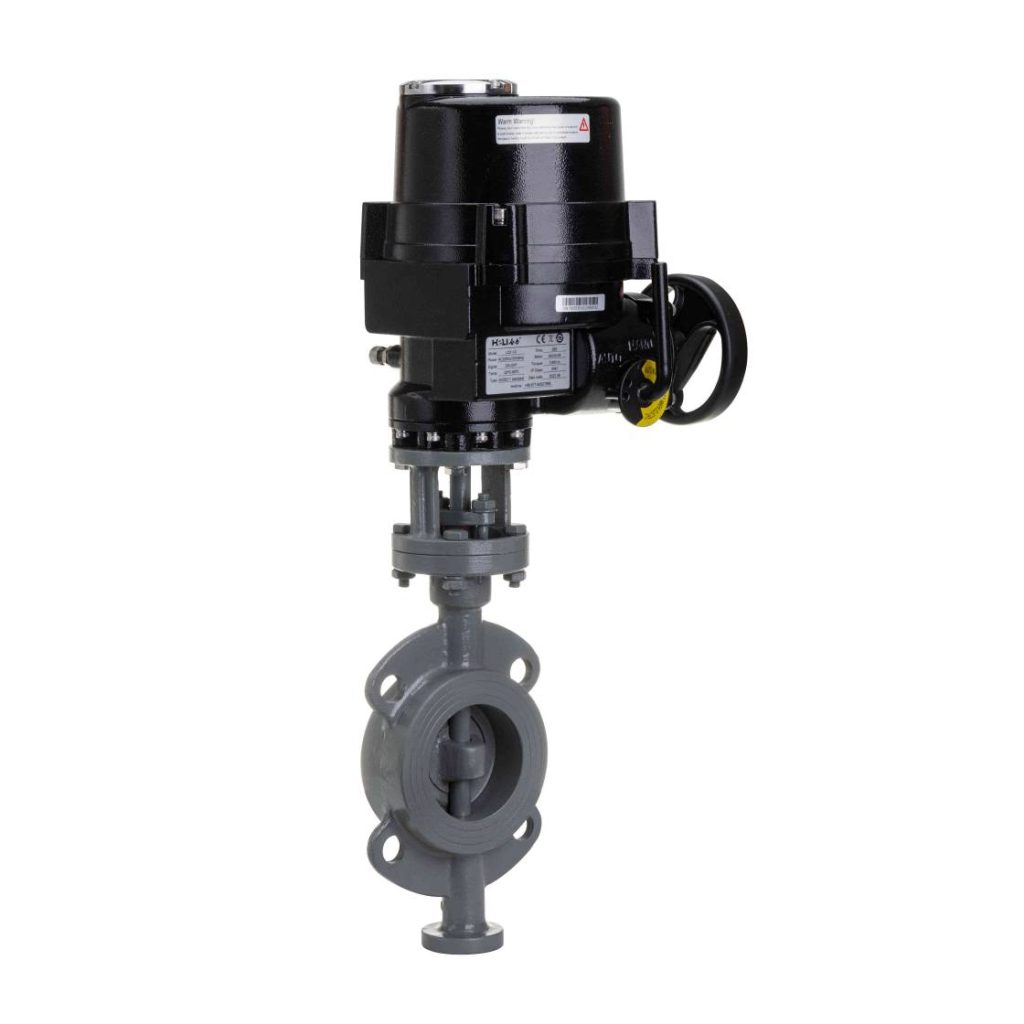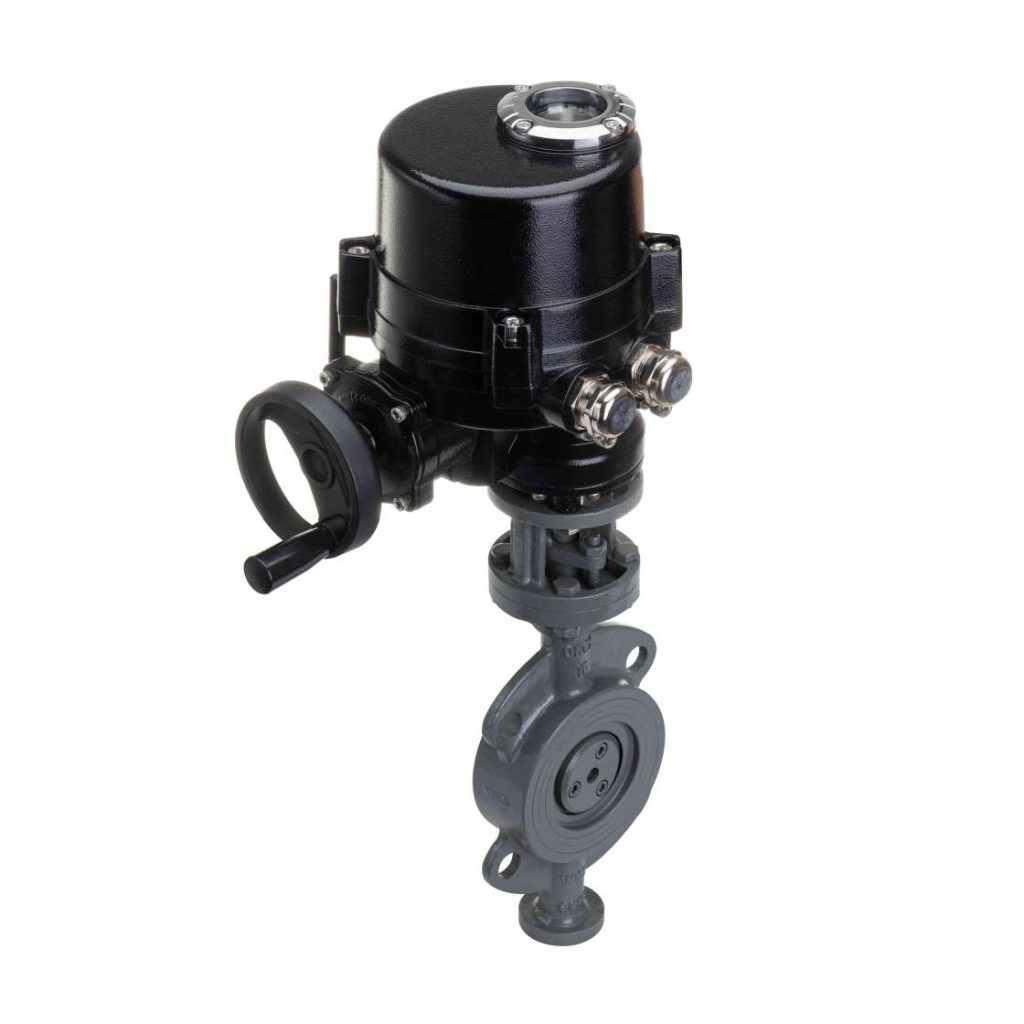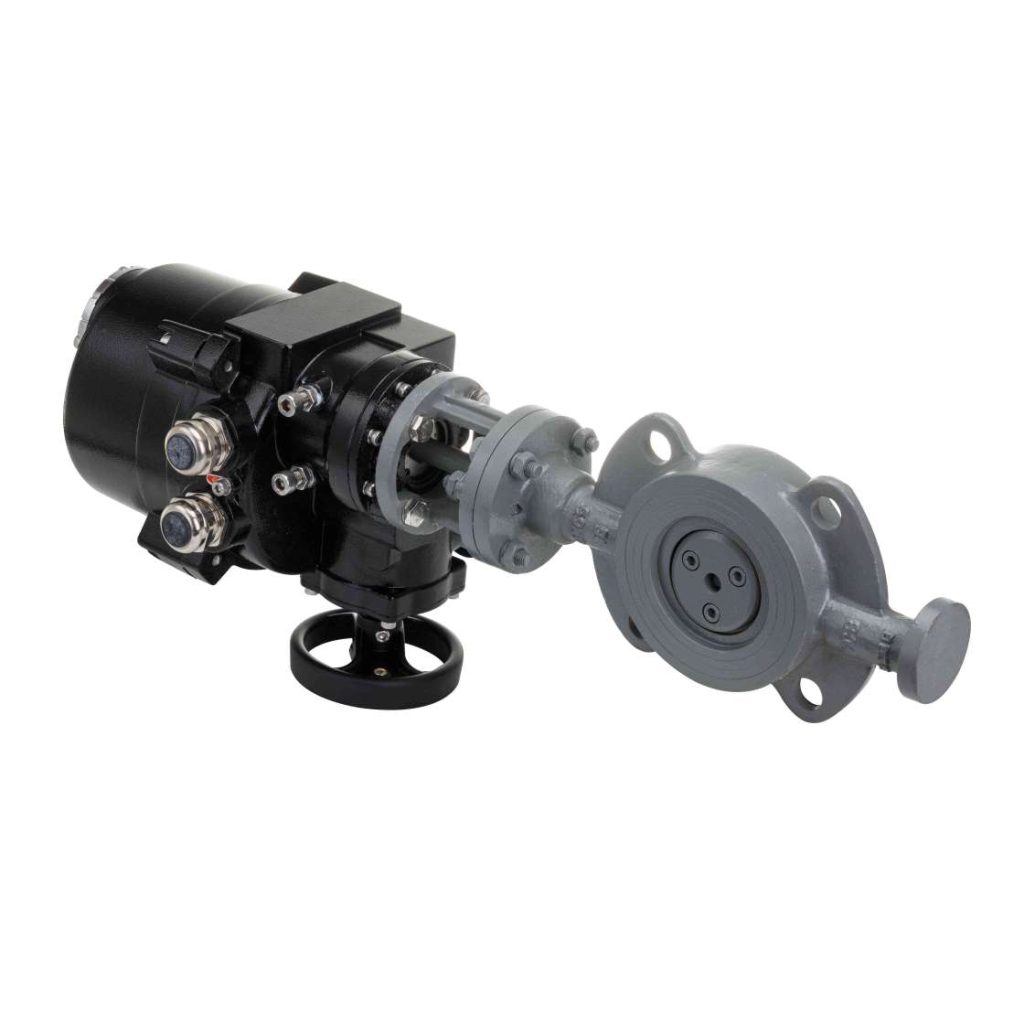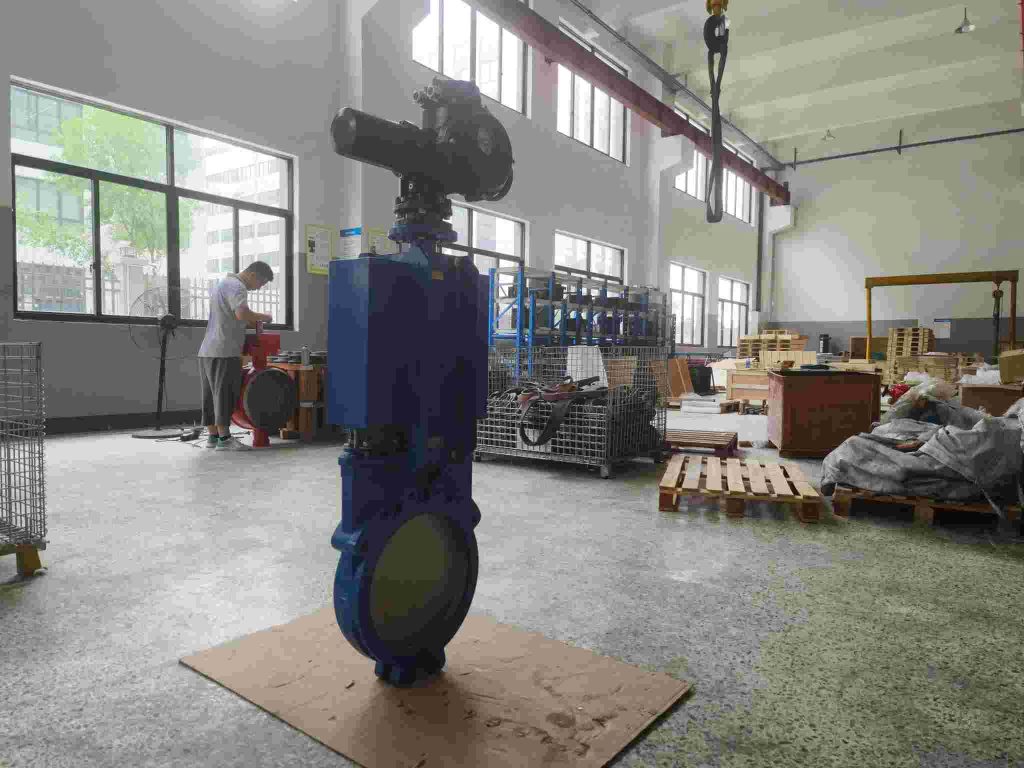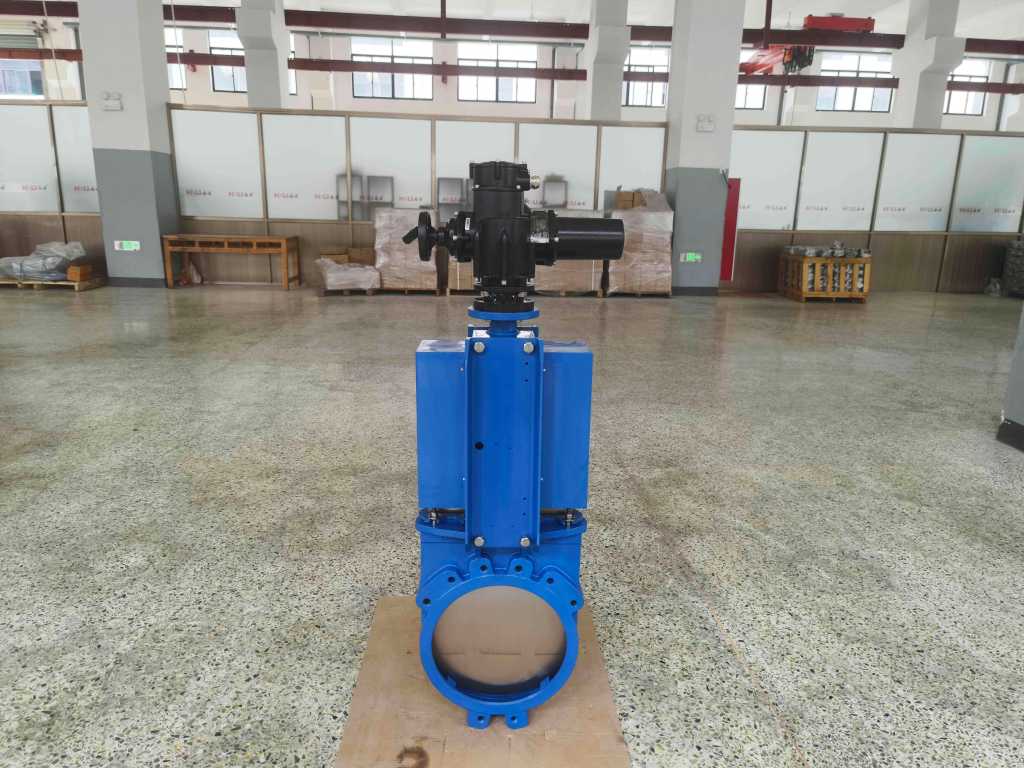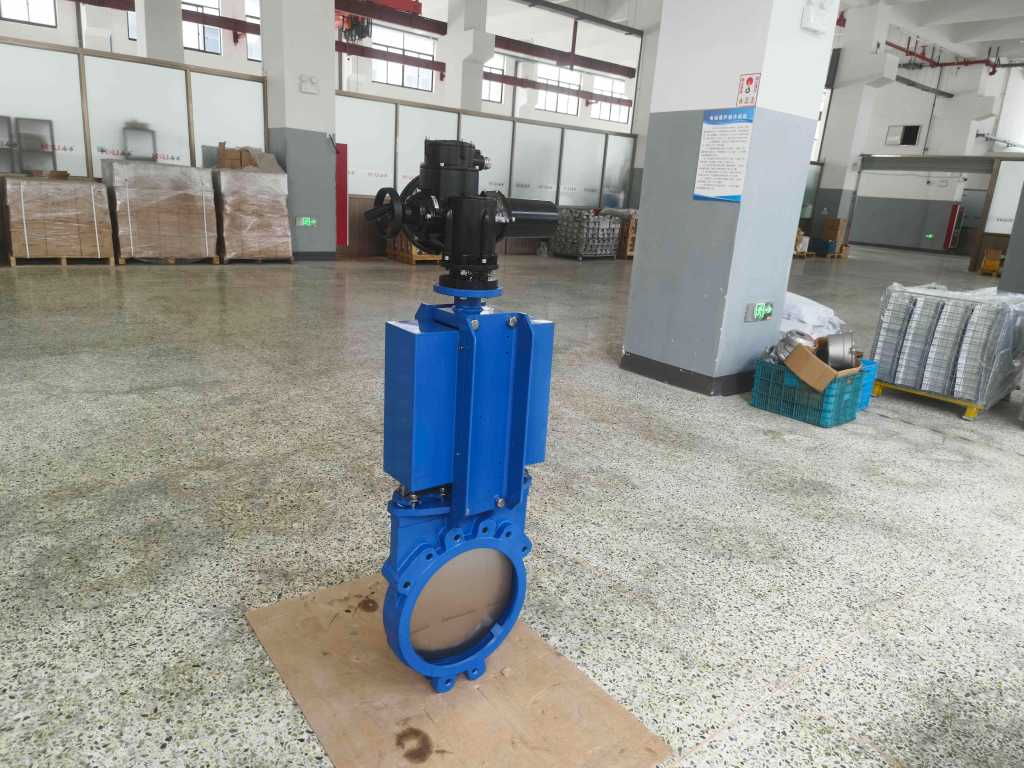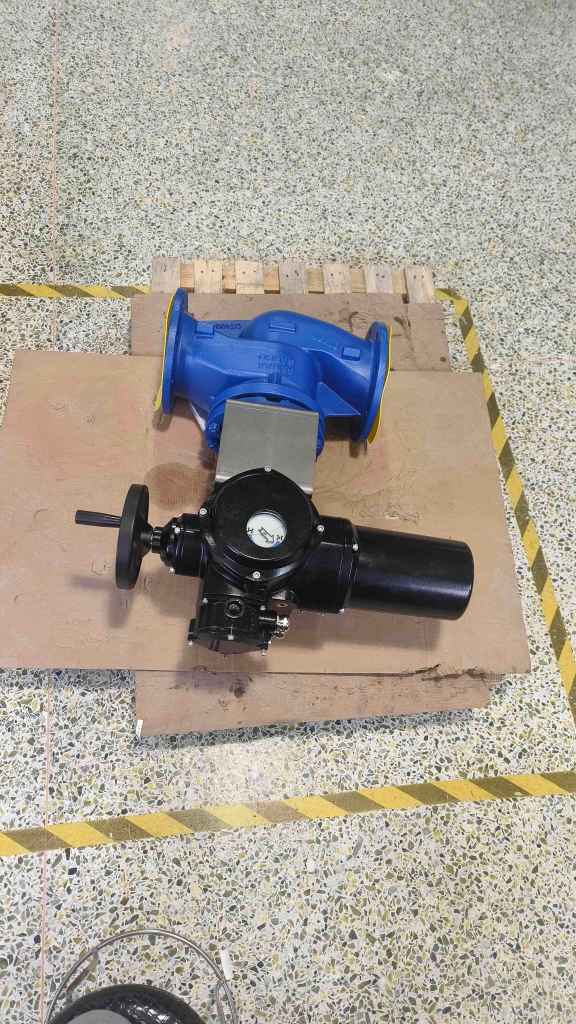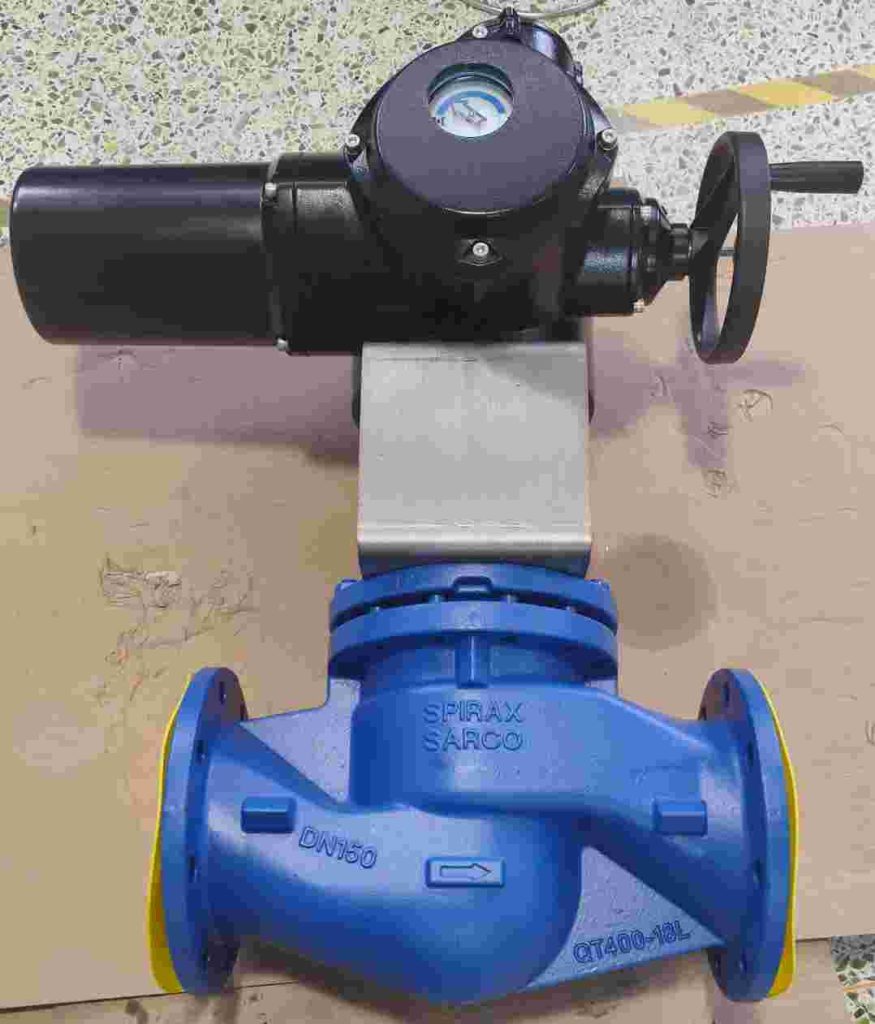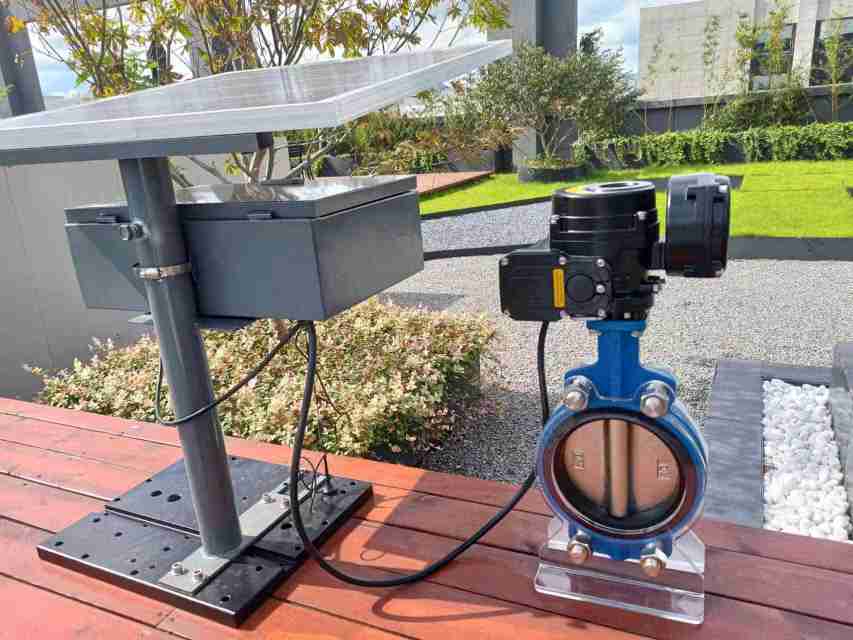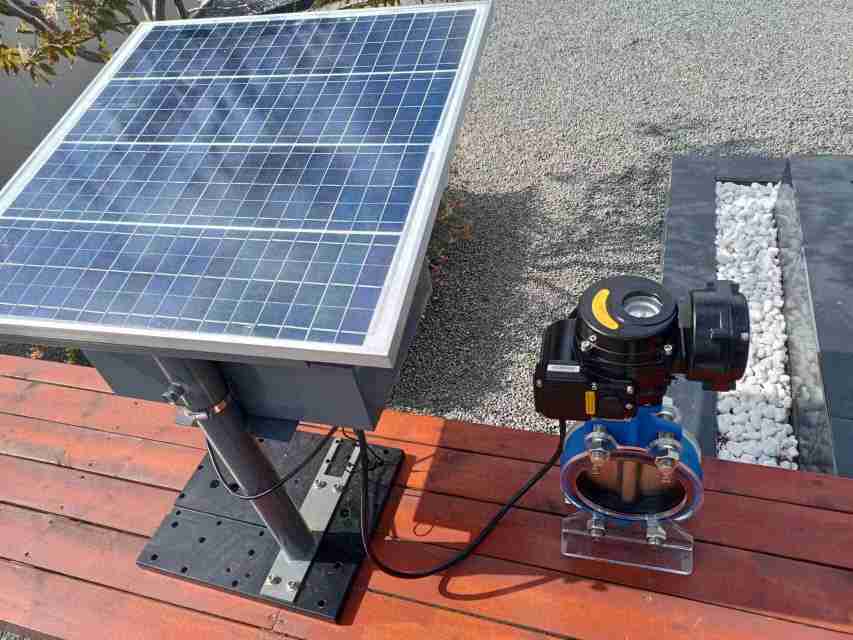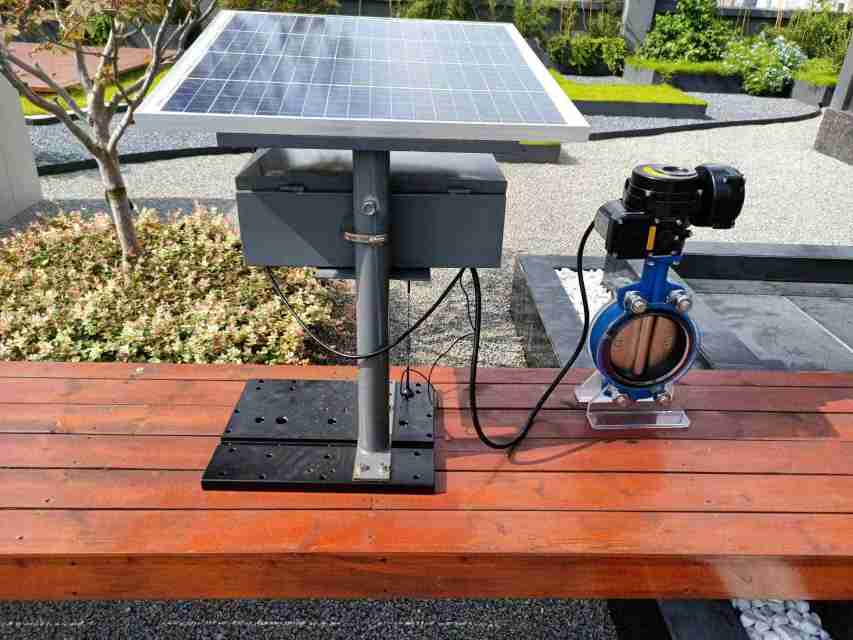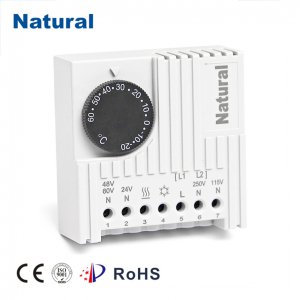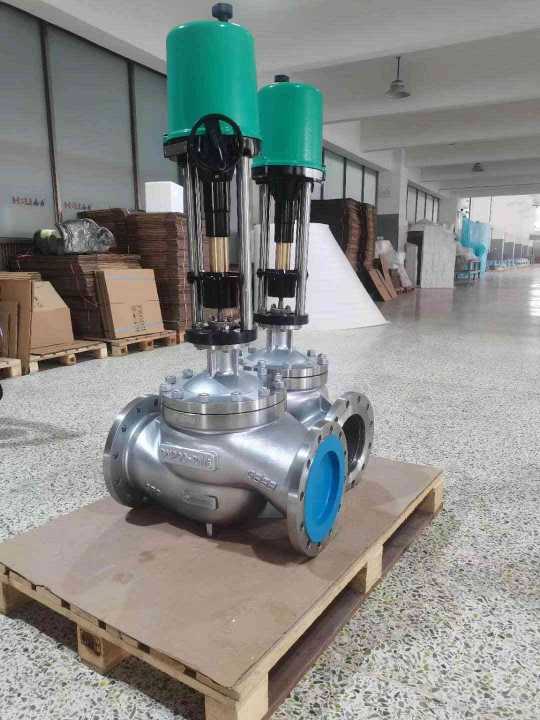The stainless steel electric flanged butterfly valve is a vital component in the realm of fluid control, widely used across various industries due to its efficiency, versatility, and durability. This article provides an in-depth exploration of the construction, working principles, applications, advantages, and considerations involved in utilizing this essential valve type.
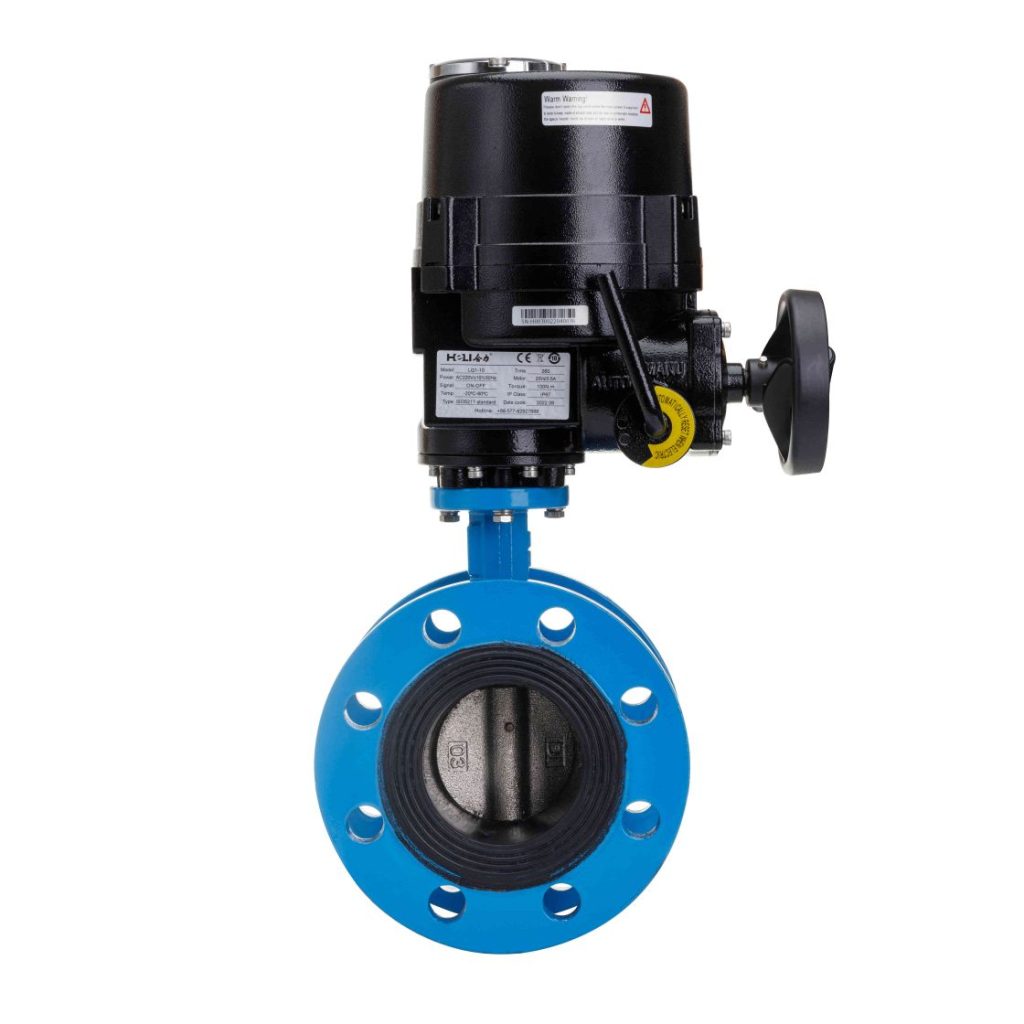
Construction of the Stainless Steel Electric Flanged Butterfly Valve
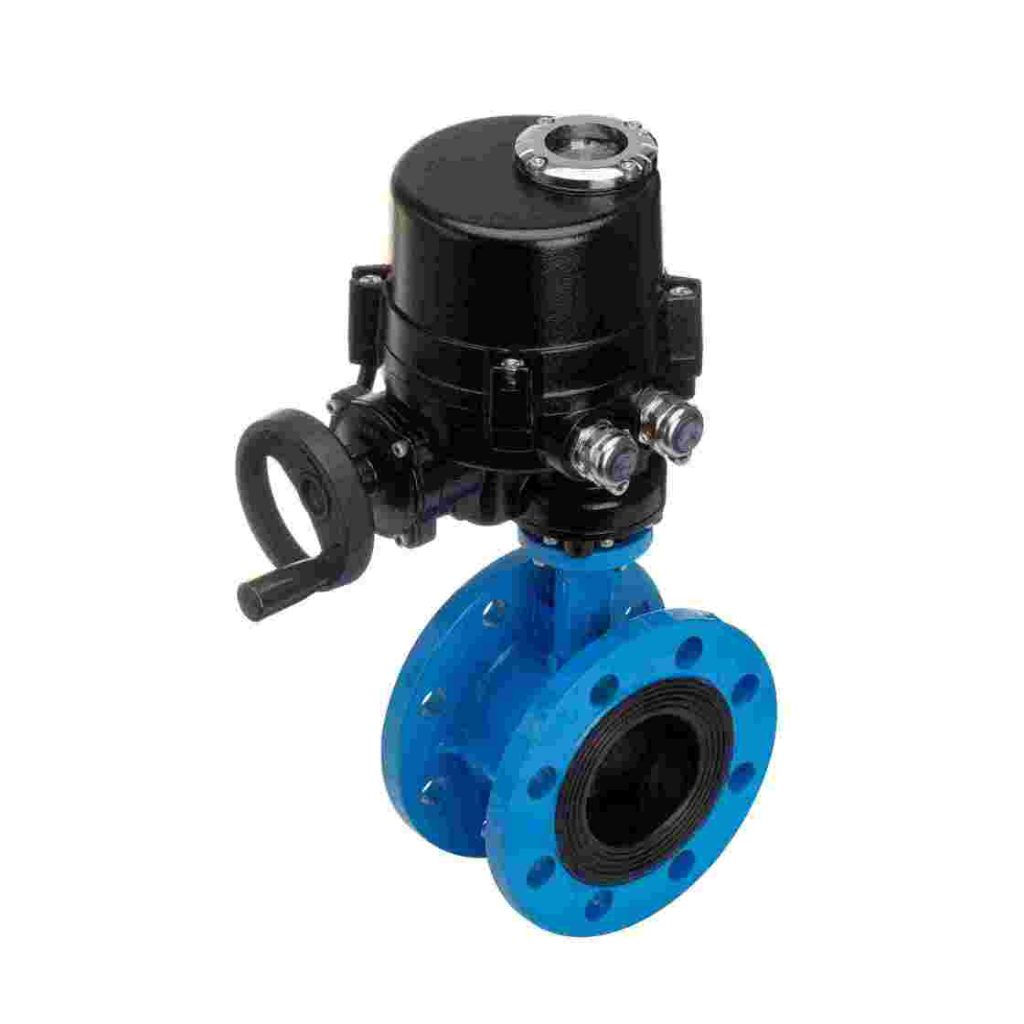
A stainless steel electric flanged butterfly valve consists of several key components: Valve Body: Typically made from a high-grade stainless steel alloy, such as ASTM 304 or 316, the valve body provides exceptional strength and excellent resistance to corrosion and high temperatures. This makes it suitable for a wide range of harsh working environments. Disc: The disc, which is the primary control element, is connected to the valve stem. It rotates to either allow or restrict fluid flow. A stainless steel disc ensures durability and reliability. Valve Stem: This component connects the disc to the electric actuator. It facilitates the rotational movement required to open and close the valve.
